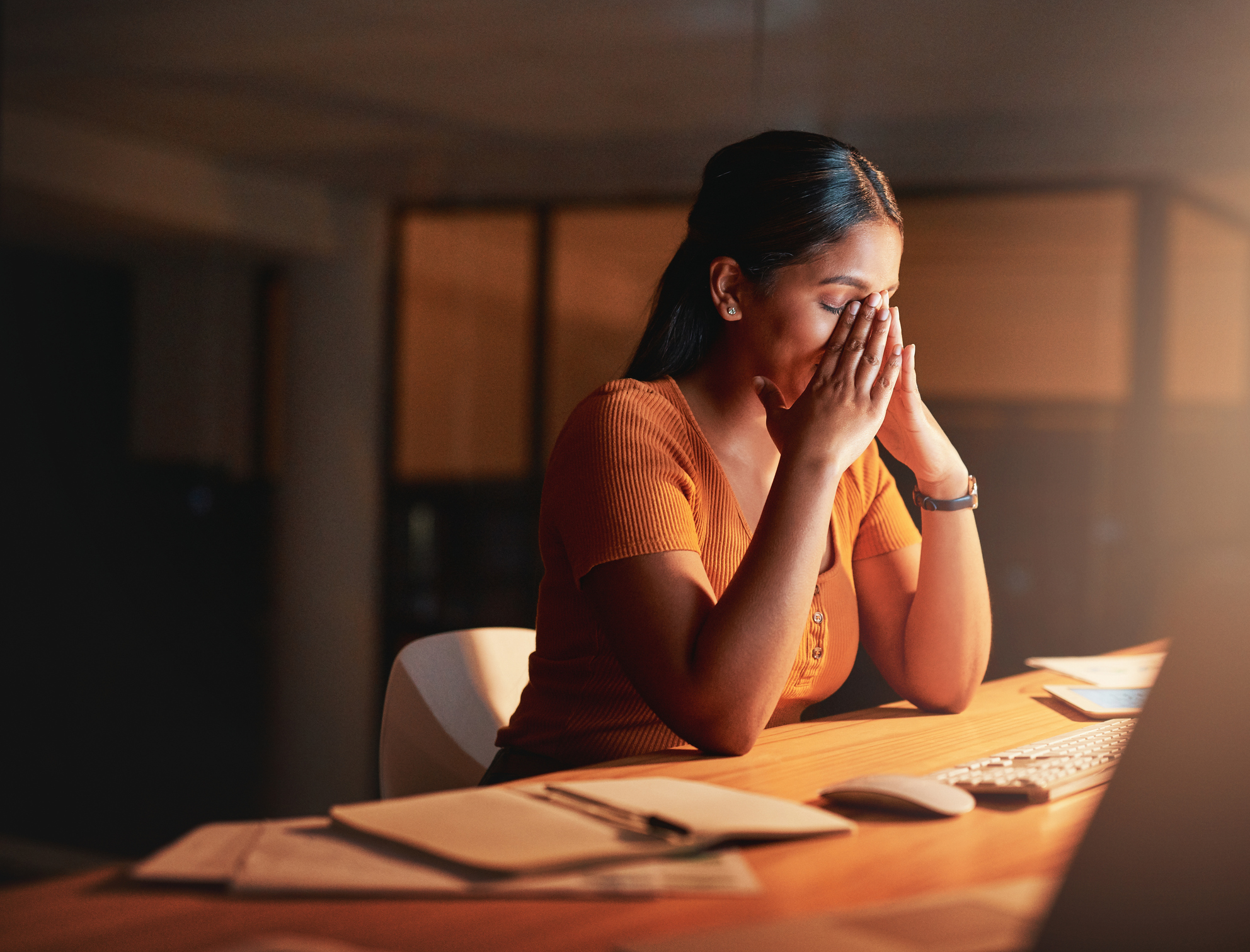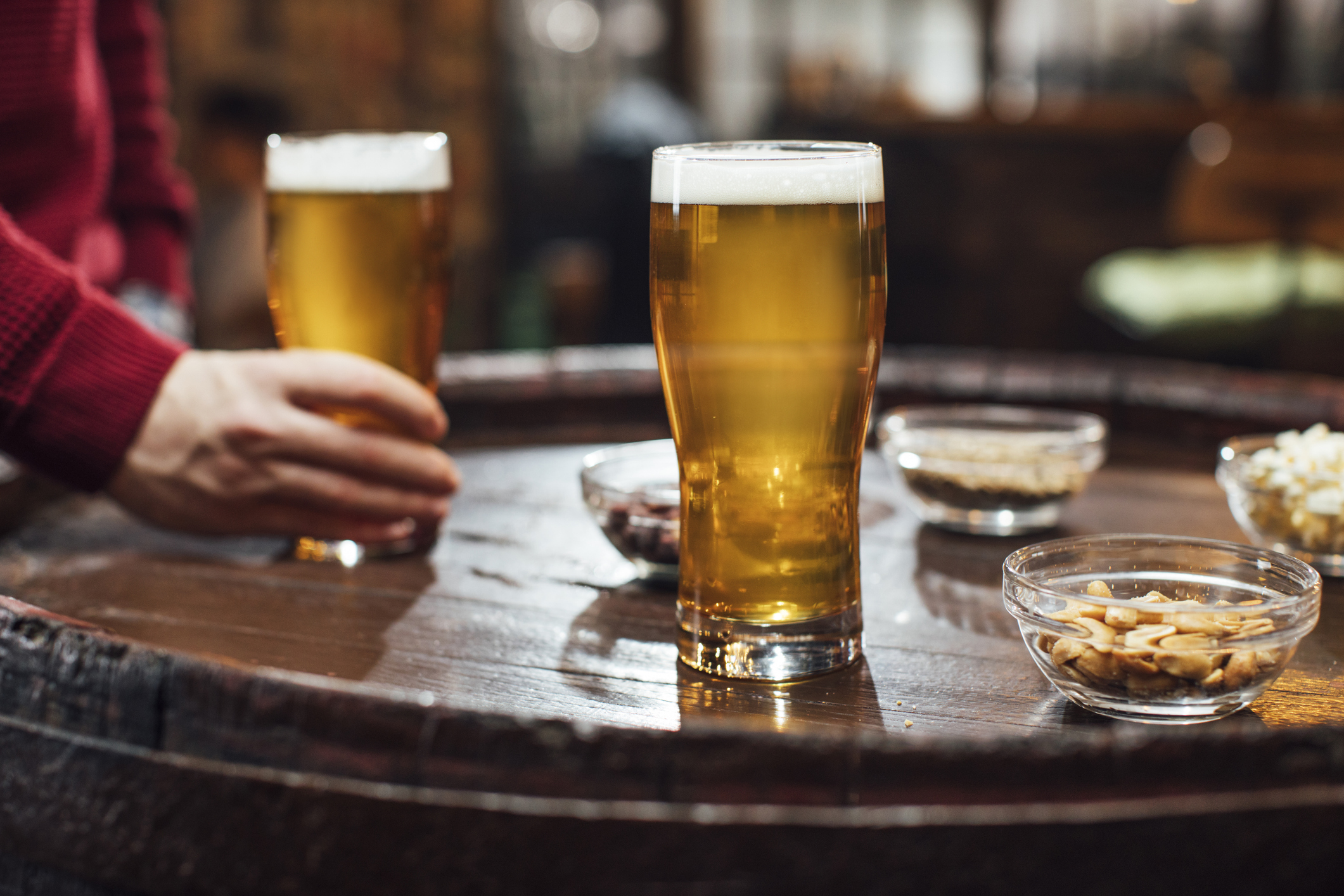My name is Craig, and I am a gay man in recovery.
I’ll never forget the first time I said that outside the anonymity of a 12-step meeting or a treatment setting. It was October 2000. I was two-and-a-half years sober and studying to be a substance abuse counselor. I was in Albany with an LGBTQ (lesbian, gay, bisexual, transgender, or questioning) advocacy group. Our mission was to fight for the inclusion of LGBTQ culturally-affirming content in statewide training of substance abuse counselors. We wanted to make sure that any LGBTQ person seeking treatment for substance use disorders had access to competent care.
We had already conducted focus groups around the state to learn about the experiences that LGBTQ folks had in treatment. What we heard was not good. It was mostly horrifying. Gay, lesbian, and bisexual individuals were told to stay in the closet in their groups so as not to upset the other clients. Transgender folks were not allowed to use their preferred pronouns or be assigned to dorms of their gender of choice. And worse, many of those we spoke to did not recover. The ones that did eventually found LGBTQ affirmative care.
I was one of the lucky ones. When I needed help I was referred to a treatment center that had a special track for LGBTQ individuals. The program I attended really understood the complexities of growing up gay. They understood that being LGBTQ doesn’t cause addiction but can create increased vulnerabilities to mental health and substance use problems. They got that LGBTQ people experience barriers to healthcare and knew how to remove them. They understood that, in order to achieve and maintain recovery, issues such as the developmental stages of coming out, internalized and societal homophobia and heterosexism, gender norms, minority stress and more would need to be addressed early on in treatment. They understood that I needed to feel safe – not judged – and protected by the treatment environment to succeed. As I said before, I’m one of the lucky ones.
Mountainside Treatment Center has committed to raising the standard of addiction treatment for LGBTQ folks. To that end, they recently held a focus group in New York City with some of the best and most affirming therapists working with LGBTQ clients. The purpose of the focus group was to learn more about the concerns that LGBTQ clients struggling with substance use disorders face when seeking treatment and to gather information on key components we look for when making referrals.
While progress has been made since that day in 2000 when I first publicly proclaimed “I am a gay man in recovery,” many of the same issues we faced then still exist. The group overwhelmingly stressed the need for treatment programs to provide an environment of safety where LGBTQ clients will know they can bring all of who they are, as well as where they would sense that they belong and are seen, heard, and understood.
Since I first entered treatment, I’ve come a long way. I became a credentialed alcoholism and substance abuse counselor and a graduate-level licensed clinical social worker. I’ve worked in treatment programs, built a private practice, and trained other professionals as to how they can administer affirming care to their LGBTQ clients. And most importantly, I’ve stayed clean and sober one day at a time for over 20 years.
If you or a family member identify as lesbian, gay, bisexual, transgender, intersex, queer, or questioning and have problems with drug or alcohol use, please know that if I could get and stay sober, anyone can. The key is finding the right support, which often includes treatment centers and health professionals who get it.
Here are some key questions to ask when seeking treatment for an LGBTQ person:
- Is the treatment center well-versed in the developmental stages of coming out as lesbian, gay, or bisexual?
- Does the treatment center’s staff receive ongoing training specific to working with LGBT people?
- Are there groups specifically for LGBTQ clients?
- Will transgender-identified clients be able to present as their gender of choice, be addressed with pronouns of choice, and stay in gendered dorms of choice?
- Do they understand that bisexuality is real, not just a step in coming out as gay?
- Are there any openly LGBT staff members? Will my family members or I be able to work with them directly?
- Does the treatment center have programming that addresses sexual health in general and specific sexual health issues facing LGBTQ people in recovery?
- Do they understand the complexities of the impact HIV has on LGBT people of all ages, and are these complexities addressed in treatment?
- Does the treatment program have non-discriminatory hiring policies, including for LGBTQ-identified workers?
- Do they have links to LGBTQ special interest 12-step groups and after-care treatment professionals in the hometown of the person seeking treatment?
- Are non-traditional family members welcome during family programming?
Any treatment program that answers yes to most or all of these questions will be the best bet. Of course, the person entering treatment needs to have a certain level of motivation for change. Under the right circumstances that motivation can be enhanced, nurtured, and expanded.
Never give up hope. Recovery is possible! Affirming care is essential!
If you or a loved one is struggling with addiction, Mountainside can help.
Click here or call (888) 833-4676 to speak with one of our addiction treatment experts.

 By
By 






